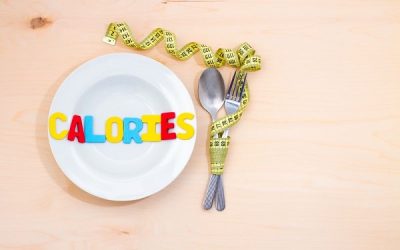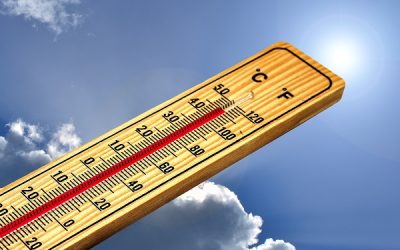You’ve likely heard that it is not a good idea to continue weighing yourself every day when you want to lose weight. That said, did you know that the number of times that you step on the scale every month can actually have a direct impact on the number of pounds you will lose during that time?
Weighing Yourself Can Impact Your Success
When it comes to using your bathroom scale, your habits can actually help to determine how successful you will be in your efforts to get the excess fat off your body. The frequency with which you step up and check out that number can decide whether you’re going to like what you see the next time you do it.
Of course, it is important to realize that the number that you see on the scale isn’t the only method of understanding the amount of fat that you have actually lost. In fact, most doctors now recommend using several means – not just a scale – to help better understand the way that your body is changing and reducing throughout your dieting efforts, as well as during the weight maintenance that will follow when you have achieved your goal weight.
What Does Research Say About Weighing Yourself?
A new study published in the PLOS One journal has shown that while weighing yourself may not be the only way to understand your weight loss, the actual act of getting on the scale the right number of times every month could play a key role in your ability to shed the right number of pounds.
The study followed forty overweight people over a span of one year. It conducted an analysis of the weigh-ins that were recorded by those people when they participated in a number of other studies in which they said that they were attempting to lose weight. In all, this involved 2,838 individual weigh-ins.
Out of the twelve studies that were analyzed by researchers, 11 determined that individuals who weighed themselves every day would typically still lose weight, whereas people who waited longer than one week between their weigh-ins were less likely to have dropped the pounds. In fact, those who waited the longest between weigh-ins were more likely to see the pounds creep back on again than to see them drop off.
How Dieting Habits are Reflected in Weigh-Ins
It was pointed out in the study that people who were on “good” diets were more likely to check the scale more frequently and those who were “poor” dieters were more likely to ignore the inclination to weigh themselves. That said, the authors of the study still said that it was clear that there was a correlation between the decision keep weighing yourself more frequently and the ability to actually lose weight.
Those who weighed themselves more often were more likely to feel dissatisfied if they were not managing to move closer to their weight loss goals and would take corrective action as a result, providing important motivation. Without the scale’s results to drive them forward, those who did not weight themselves as often did not have this same added push.
How Often Should You Step on the Bathroom Scale?
Does this mean that you should weigh yourself every day? Every two days? Once per week? Twice per month?
The study did not provide a conclusive rate at which we should be using the bathroom scale. Instead, it helped to demonstrate the way the practice can help to support a healthy relationship between your efforts to drop the pounds and your habits in tracking your progress.
Still, this doesn’t mean that there is a single set rate at which all dieters should weigh themselves. The key is to do so as much as you find it to be helpful and motivational and avoid doing it so much that you find it damaging or too infrequently that you don’t find it pushing you forward.
Tips for Measuring Your Progress
Remember that weighing yourself is not the only measure of progress when it comes to losing body fat. In fact, by doing so too frequently or infrequently, by failing to record your progress, or by believing that all movements on the scale are the result of gained or lost fat, you’re not doing yourself any favors.
Remember that your scale can’t tell the difference between the weight of fat, water, bone or anything else on your body, even your clothing. Therefore, if you retain water for some reason, if you wear heavier clothing when getting on the scale, or if you’re building muscle, it may look as though you’re gaining pounds instead of losing.
Allow this step to be only one of several methods you use to measure your progress and to decide upon your successes. Consider additional methods such as measuring the circumference of your waist, hips, thighs, arms, and so on. Check the way your clothing fits against the way it did a month or more ago. Have your doctor or a personal trainer measure your body fat percentage. In this way, you’ll have a better idea of how you’re doing.








